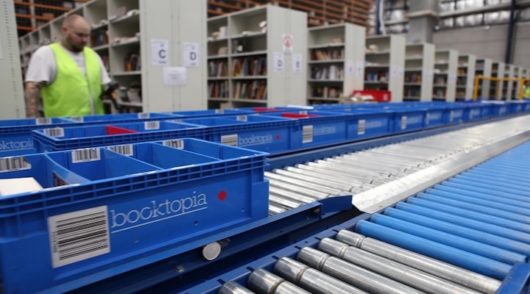
Chinese online retail platform Aomaijia launched an Australian product sourcing office in Sydney on Thursday, having signed agreements with several local brands including Nestle Australia, Tasman Ugg, Blackmores, and Swisse.
Aomaijia distinguishes itself from competition by dealing directly with brands – refusing to work with diagou buyers which can inflate prices between brand and consumer.
Aomaijia Group chief executive Meggie Liu said the platform aims to give suppliers control of their branding in China, but also control over distribution and sales volumes.
The marketplace utilises a mix of mobile, WeChat, online, and 15 physical stores in major Chinese cities.
“We partner with overseas suppliers across the entire supply chain, plus give support in branding, marketing and customer tracking using our own proprietary software,” an Aomaijia spokesperson told Internet Retailing.
“Daigou buyers will not give you any support. They just pick the low hanging fruit where we will plant the orchard.”
The marketplace has grown its consumer base 200 per cent over the last year – from 10 million at the beginning of 2018 to 30 million now – by building a platform that serves their consumers needs.
The brand also holds sourcing offices in Paris, Los Angeles, Seoul and Tokyo.
“We chose our five locations… because they are markets which Chinese [people] regard as top-tier producers of consumer products and luxury brands,” the spokesperson said.
According to Aomaijia, Japan and South Korea brands tend to have an innate understanding of the Chinese consumer, while European brands provide style and US brands bring technology and cutting edge brands that appeal to a younger audience.
“Australia is viewed as an idyllic place by most Chinese people, they think of beautiful views and beautiful weather, and the best conditions to grow food,” the spokesperson said.
“Food quality is a huge issue in China, and many local brands cannot be trusted.
“When it comes to Australia, people have 100 per cent confidence in product quality – this is not just the case in food products and supplements, but right across Australian produced goods.”





